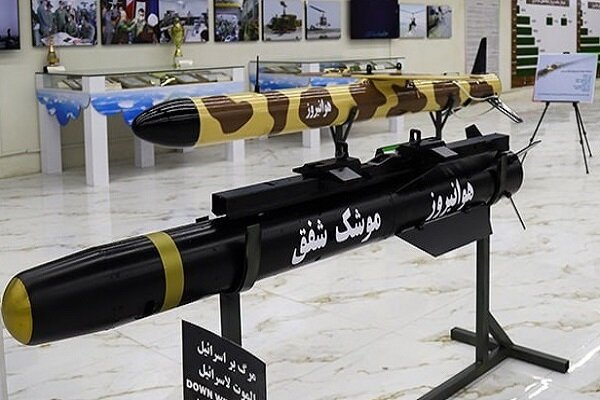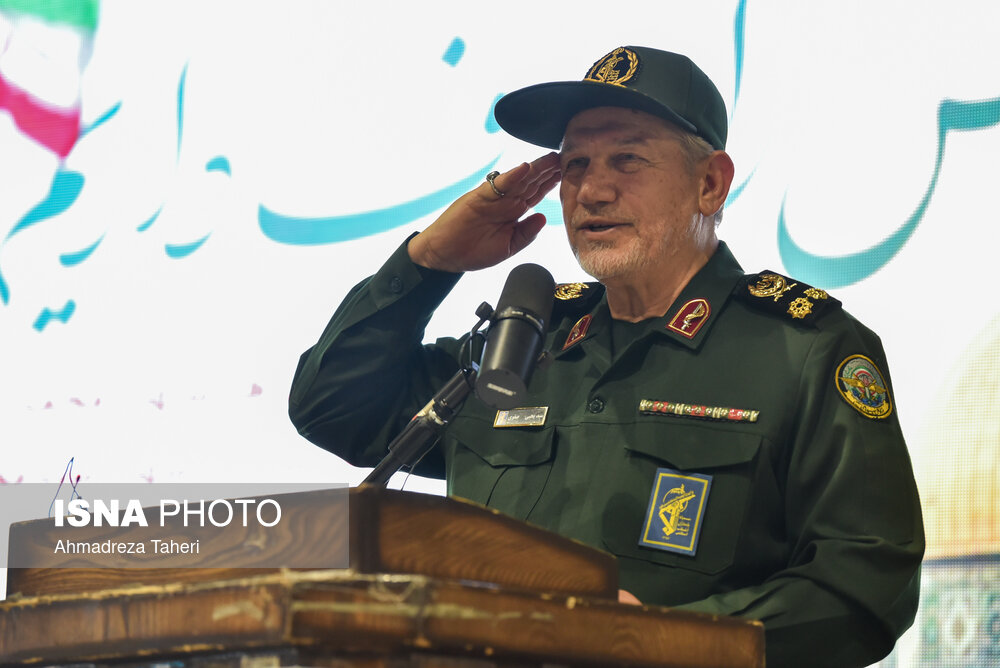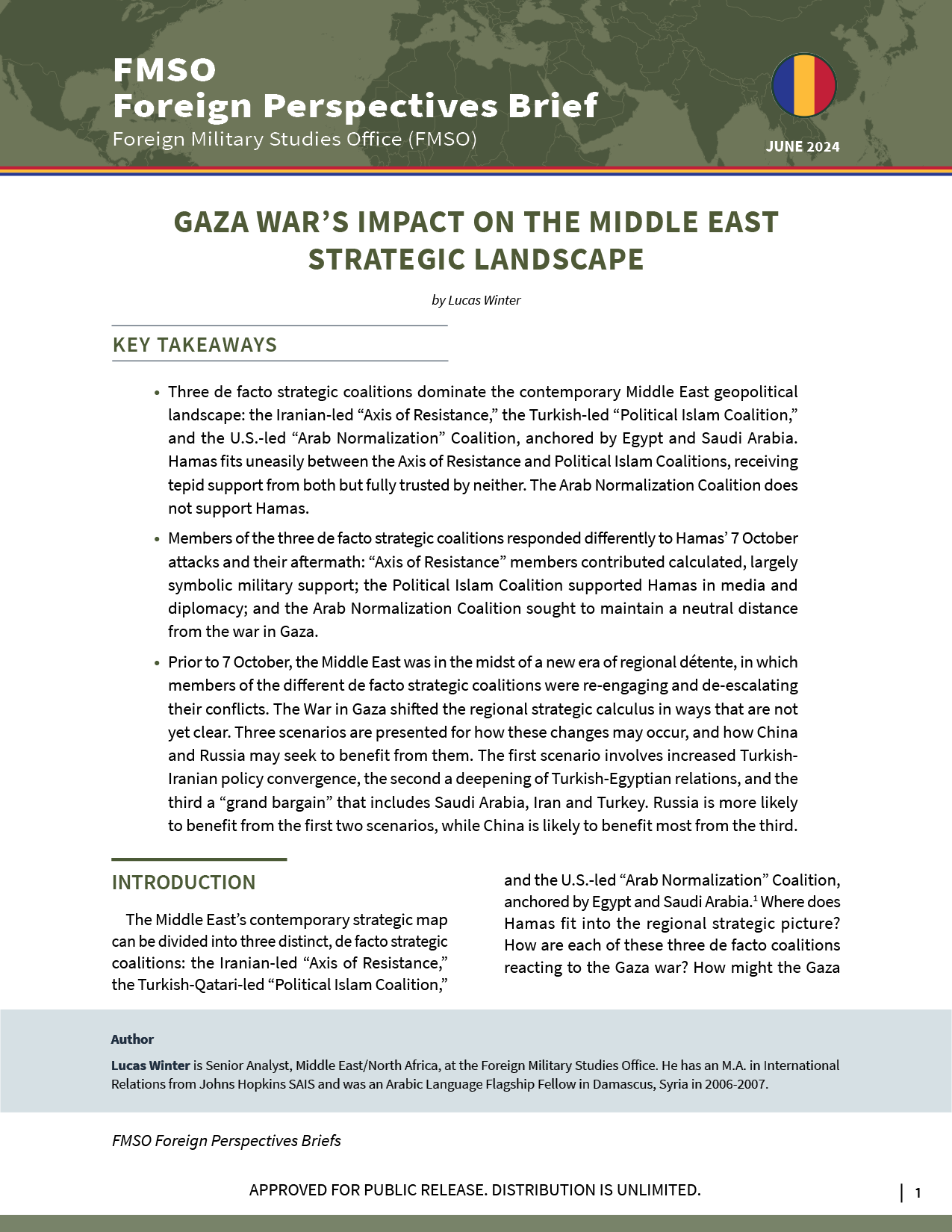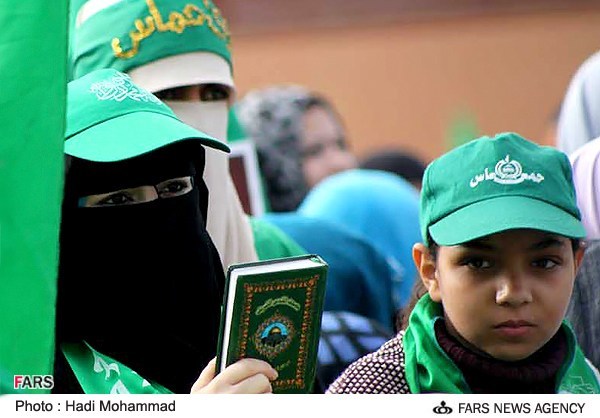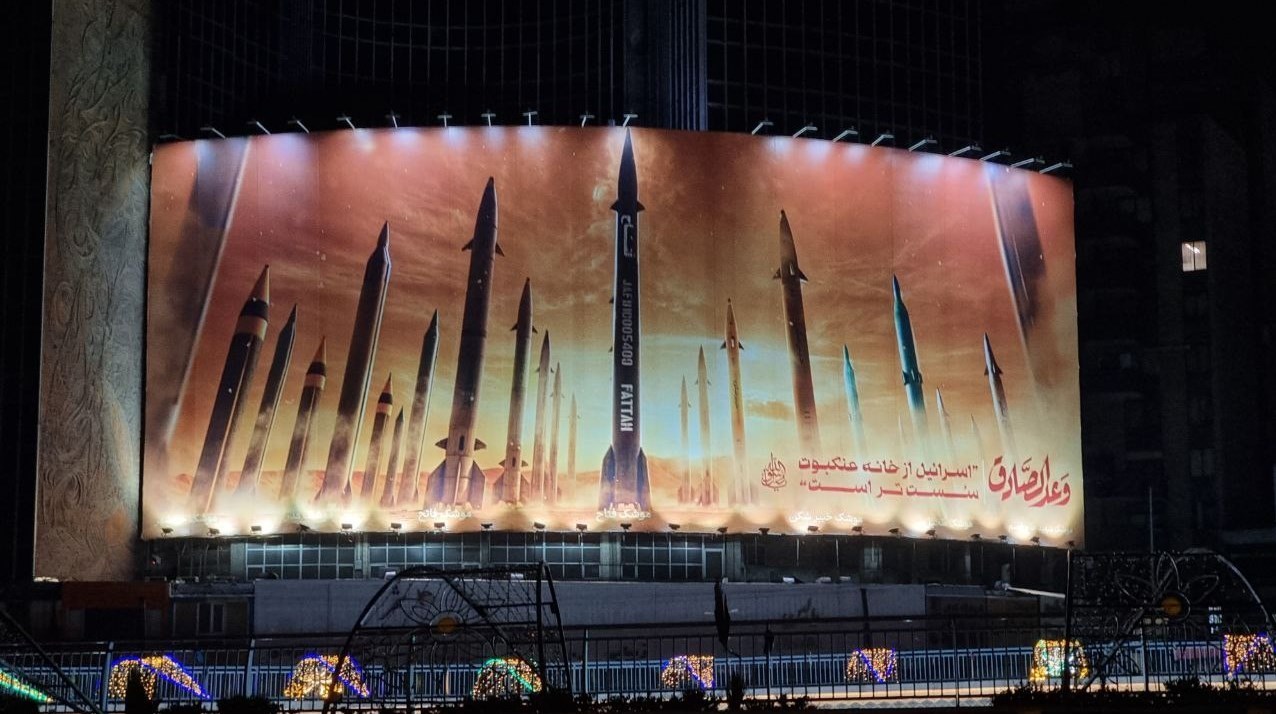
An Iranian billboard celebrates the April 2024 missile barrage launched against Israel.
“The Zionist regime is terrified of the Islamic Republic’s intelligence.”
On 1 October 2024, Iran launched close to 200 missiles at Israel to avenge the deaths of senior Hamas leader Dr. Ismail Haniyeh and Hezbollah secretary-general Hassan Nasrallah. As with the 13 April 2024 missile and drone barrage, Israeli, U.S., and allied air defenses downed the majority of the missiles. Those that struck Israel appear to have caused only marginal damage. However, according to multiple Iranian media outlets, including the excerpted article published by Mehr News Agency, the Islamic Revolutionary Guard Corps (IRGC) suggested a 90 percent success rate. While this number is false—the only confirmed casualty was a Palestinian in Jericho struck by falling debris—the acceptance of such lies within Iranian command circles and Supreme Leader Ali Khamenei’s base can have a profound impact on the operational environment.
Overconfidence, not oil or water, causes most wars in the Middle East. In the Iranian case, the IRGC has long exaggerated the effectiveness of its missiles.[i] While in an open society, the 1 October barrage might have embarrassed or caused the regime to question those who previously exaggerated claims; no such fallout occurred in Iran. The supreme leader’s power base is perhaps 20 percent of the country. These revolutionary youth, from whom the IRGC draws its recruits, implicitly trust Khamenei and exist in a media bubble that the Iranian regime creates.[ii] Not only do they suggest Israel’s air defense and that lent by the United States are little more than psychological operations, but the Iranian media narrative also downplays Israel’s ability to respond. The 19 April 2024 Israeli airstrike on Iranian anti-aircraft batteries in Isfahan demonstrated precision, but most Iranians are unaware of their success because the targets were not easily visible to the Iranian public.
The question now is whether a “zero-defect” dynamic is at play in Iran. If the Iranian or IRGC leadership fails to accurately assess Iran’s military ability, then it becomes more likely that Iranian leaders could order additional strikes not only on Israel but also potentially on U.S. bases in the region. A belief that only a set proportion of missiles equipped with chemical, biological, or radiological warheads need to pass through complements this calculation. Any contributing factor that leads Tehran to believe they can inflict maximum damage if not dramatically win a conflict makes the region more dangerous and mandates a recalibration of deterrence.
Sources:
“۹۰ درصد شلیکها با موفقیت به اهداف اصابت کرد”(Ninety percent of the shots hit their targets successfully),” Mehr News Agency (semi-official news agency owned by Iranian government’s Islamic Development Organization), 1 October 2024. https://www.mehrnews.com/news/6243668
In the name of Allah, the Most Gracious, the Most Merciful.
The Islamic Ummah of the Great Front of Resistance and the Noble Nation of Islamic Iran:
Following the previous announcement, your children in the Islamic Revolutionary Guard Corps, in accordance with the promises made by the Islamic Republic officials and military commanders, with the help of other armed forces, during Operation True Promise II or the Messenger of God (Peace Be Upon Him).
They targeted strategic centers inside the occupied territories with missiles made by the youth of Islamic Iran.
This operation hit some air and radar bases, conspiracy centers which launched the assassination plots against the leaders of the Resistance, especially the [Hamas] martyr Dr. Ismail Haniyeh as well as the leader of the Lebanese Hezbollah, Sayyed Hassan Nasrallah, and the military commanders of Hezbollah, the Palestinian Islamic Resistance, and the commanders of the Revolutionary Guards.
Despite the fact that the area was protected by the most advanced and high-volume defense systems, 90 percent of the shots successfully hit the targets, and the Zionist regime is terrified of the Islamic Republic’s intelligence and operational dominance.
This operation was carried out within the framework of the right of legitimate defense and in accordance with international law, and any stupidity of the enemy will be met with a devastating and regretful response.
Public Relations of the Islamic Revolutionary Guard Corps
Notes:
[i] For previous discussion of Iranian claims about the precision of her missiles, see: Michael Rubin, “Iran: Khamenei Threatens to Use Precision Missiles,” OE Watch, May 2019. https://community.apan.org/wg/tradoc-g2/fmso/m/oe-watch-past-issues/276811/download
[ii] For previous discussion of how the regime constructs a media bubble, see: Michael Rubin, “Budget Cutbacks Force Iran Broadcasting Closings,” OE Watch, February 2015. https://community.apan.org/wg/tradoc-g2/fmso/m/oe-watch-past-issues/195463
Image Information:
Image: An Iranian billboard celebrates the April 2024 missile barrage launched against Israel
Source: https://newsmedia.tasnimnews.com/Tasnim/Uploaded/Image/1403/01/27/14030127094522670298182710.jpg
Attribution: Tasnim News

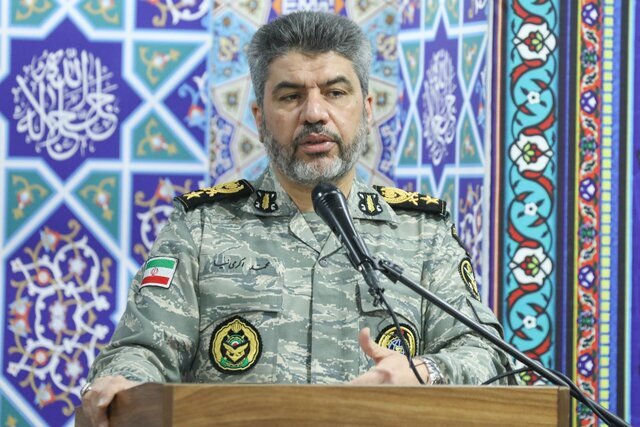
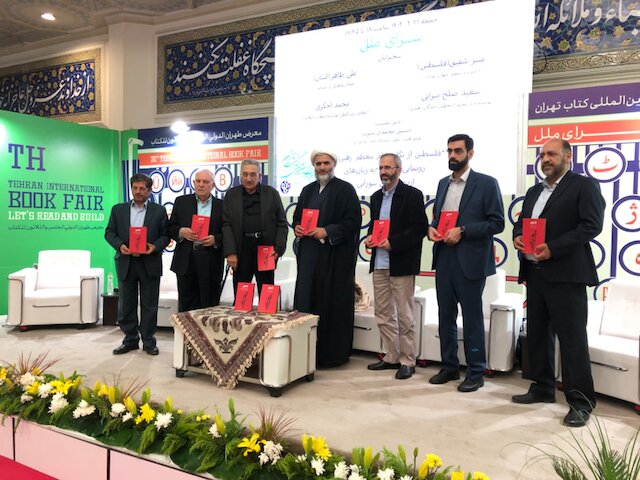
, Sayyed Abdolrahim Mousavi.jpg)
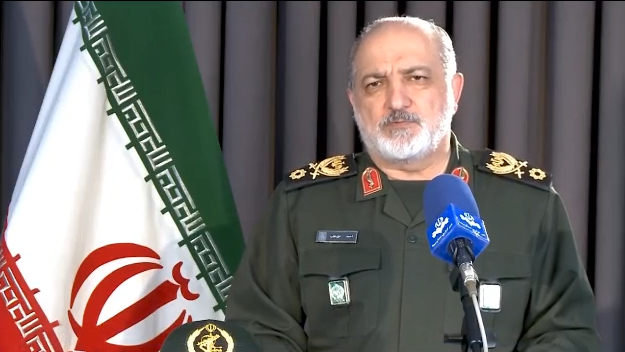
.jpg)
